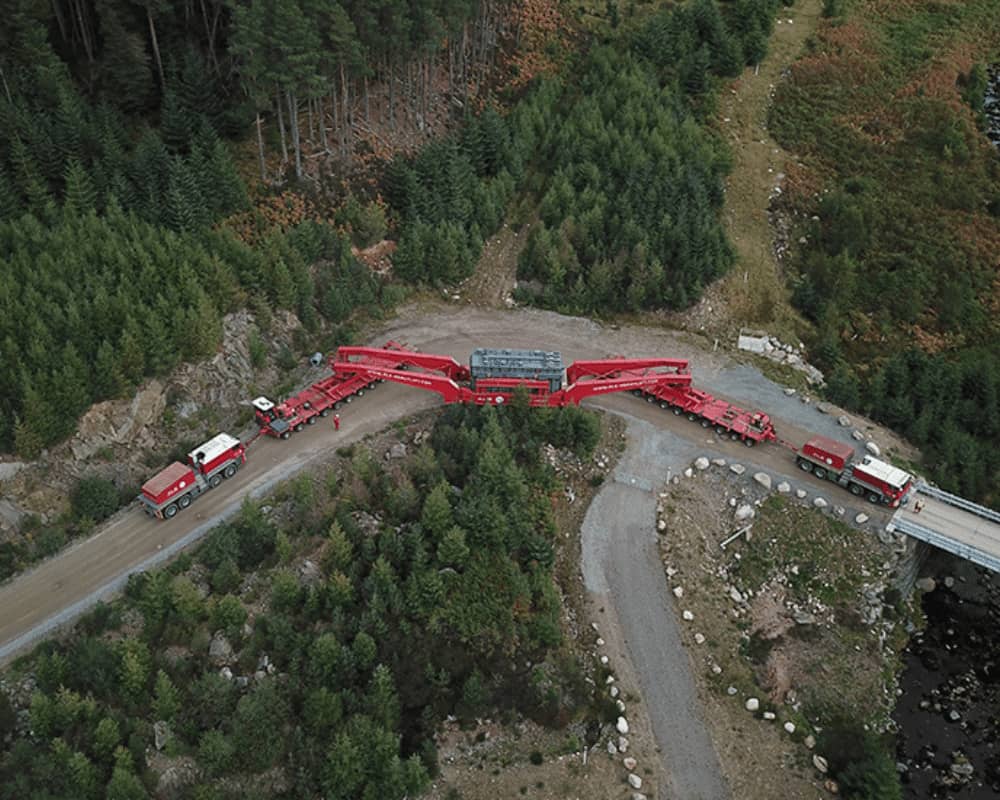I used to let our old lake place freeze. ...
Not that I'd want to find out, but I wonder how long I'd have to go w/o heat before any pipes froze?
This house, like many in the area, doesn't have any pipes on outside walls, or in a slab. We are a single floor/basement, so pipes mostly run in the basement 'ceiling'. Water enters from the basement floor, so at least that portion is well below the frost line. Basements get moderated by the ground temperature. Often, the coldest days will be clear (cloud cover traps heat), and with snow on the ground, a lot of solar is reflected back to the house.
If I had to, a slight trickle/drip should avoid it, but of course you can't do that if you are away.
I don't recall the numbers, but a few times on a day like that at the previous home, if I was home alone, I'd keep the heat turned down, just to see. I do recall the temperature sure didn't drop fast, but I'd turn it back up before DW came home, so who knows what would happen overnight? This house is better insulated.
-ERD50


